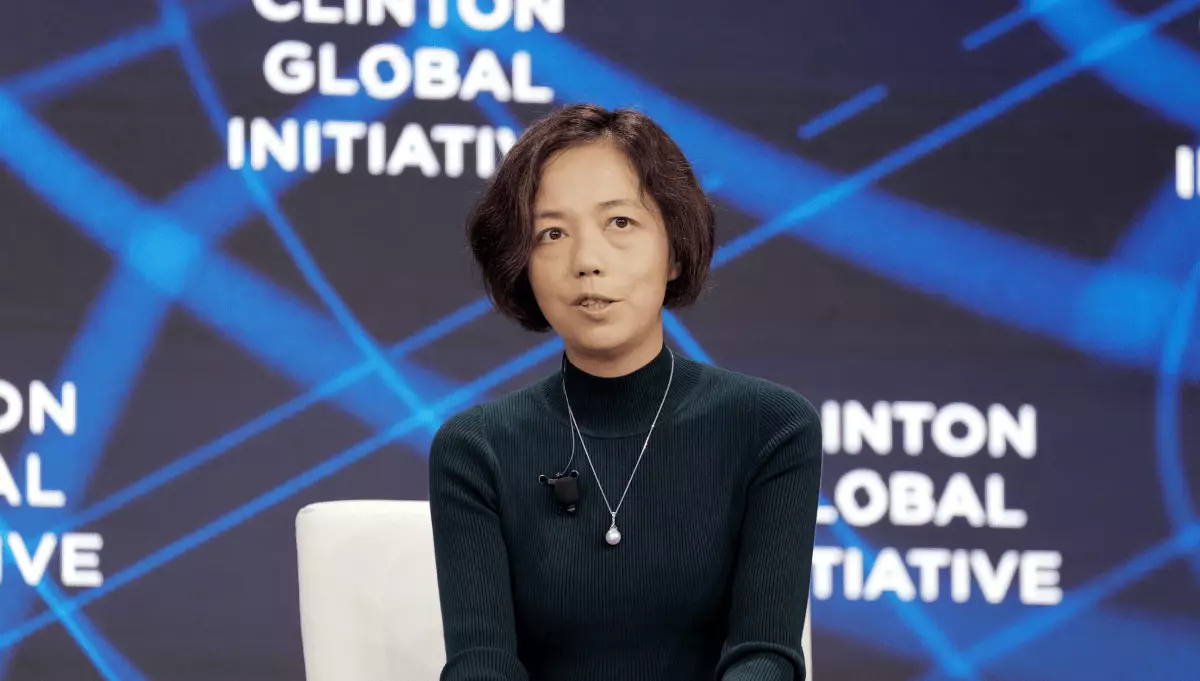The term “Artificial General Intelligence” (AGI) has become a focal point in ongoing discussions around AI and its potential. With tech giants like OpenAI heavily investing in its development—recently acquiring a staggering $6.6 billion for this purpose—AGI raises numerous questions about its definition and implications. Despite the enthusiasm surrounding AGI, even esteemed experts like Fei-Fei Li, a leading figure in the AI community, admit to perplexity regarding its exact meaning. This article delves into Li’s insights shared during a recent dialogue at the Credo AI Responsible AI Leadership Summit.
When it comes to explaining AGI, there seems to be no universally accepted definition. Sam Altman, the CEO of OpenAI, characterizes AGI as an entity comparable to a typical human colleague who could be employed for a variety of tasks. Yet, in a moment of introspection at the summit, Li expressed her own uncertainties around the concept, stating, “I frankly don’t even know what AGI means.” This candid admission is startling, given that Li’s groundbreaking work on ImageNet in 2006 was a crucial catalyst for the rapid evolution of AI technology today.
The confusion surrounding AGI underscores a broader theme in the tech industry: the hype often outpaces understanding. While AGI is still largely theoretical, the ambitions associated with it escalate continuously. Li raised important points regarding the significant challenges we face in terms of understanding what intelligence truly is, especially when viewed through the lens of both human and machine capabilities.
Li is notable for her influential role in modern AI, particularly with her establishment of ImageNet—an initiative that effectively initiated the modern AI boom through its innovative use of vast datasets. This culminated in the fruition of deep learning algorithms powered by neural networks and advanced GPU computing, which have since transformed the technological landscape. As she reminisced about her journey in AI, she highlighted the necessity for a more refined understanding of intelligence that combines evidence-based methods with practical applications.
Amidst the technological advancements of AI, Li emphasizes that the discussions around risks and ethical considerations should take center stage. The recent venture into AGI development raises legitimate concerns for society, and Li advocates for a balanced approach that doesn’t scapegoat technology for potential issues. She asserts that just as it is unreasonable to penalize engineers for the misuse of vehicles, the same logic applies to AI developers: the focus must be on mitigation and innovation rather than blaming individuals for a system’s failure.
Speaking of regulation, California recently faced a considerable political debate surrounding the proposed SB 1047 bill, which stirred heated discussions about AI oversight. While the bill was vetoed, the growing need for policy around AI governance is undeniable. Li’s profound engagement in the regulatory space indicates that the conversation is ongoing and evolving. appointed to provide guidance on best practices for AI deployment, she stresses the importance of collaborative work that emphasizes both safety and innovation.
Li’s approach underscores a systematic way of thinking that prioritizes the evidence in policymaking. She believes that frameworks must evolve to keep pace with technological advancements, and emphasizes the need for regulators to genuinely understand the systems they aim to govern. Brainstorming new regulatory measures should not penalize technology indiscriminately but instead focus on creating a backdrop where innovation can flourish responsibly.
One of the pivotal insights from Fei-Fei Li is her call for greater diversity within the AI field. She astutely notes that a more diverse AI ecosystem is imperative for fostering diverse artificial intelligence. This conversation gains further significance in a landscape that has historically underrepresented women and minorities. Li’s vision extends beyond simply diversifying who is involved in AI; she insists that a rich tapestry of experiences and perspectives will ultimately lead to more innovative and effective solutions.
Moreover, she discusses the intriguing concept of “spatial intelligence.” Unlike language, spatial understanding has evolved over millions of years and offers fertile ground for AI development. Li describes the challenge of instilling machines with the ability to not merely observe the world but engage with it intricately—a venture that goes beyond current capabilities. This philosophical and practical angle highlights the complexity surrounding AGI and the journey toward achieving it.
Fei-Fei Li’s insights resonate through the complexities of AGI and offer a reflective look at the interplay between technological prowess and ethical considerations. As this field advances, grappling with the ambiguities around AGI will be paramount. Additionally, the focus on creating safe, inclusive, and diverse tech environments will be vital in determining AI’s future trajectory. As experts like Li lead the charge, the responsibility lies in harnessing AI for the benefit of all, without compromising ethical standards or social justice. The conversations have only just begun, and understanding AGI remains a collective endeavor.

